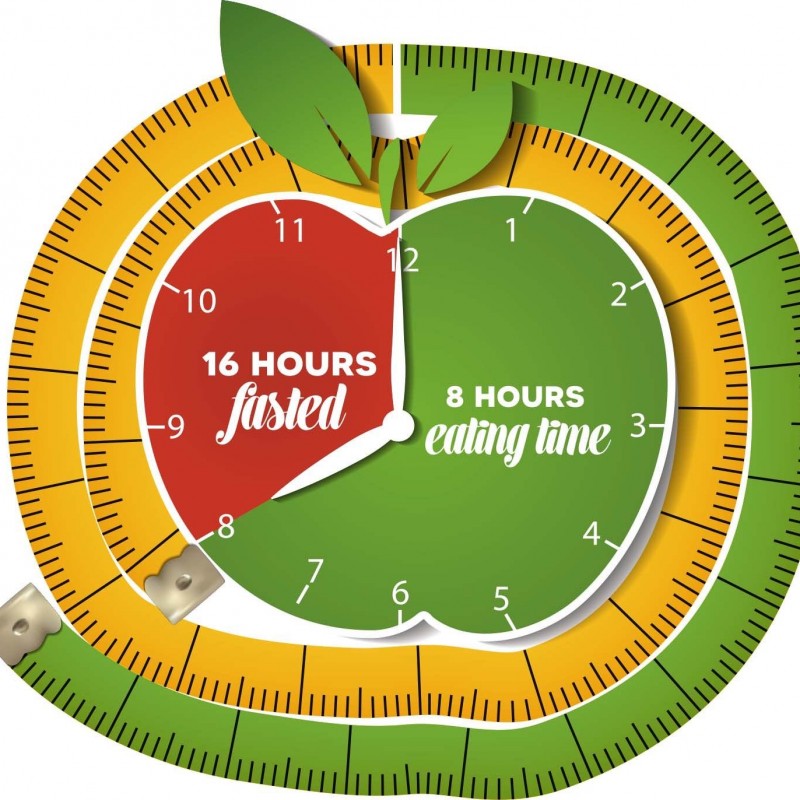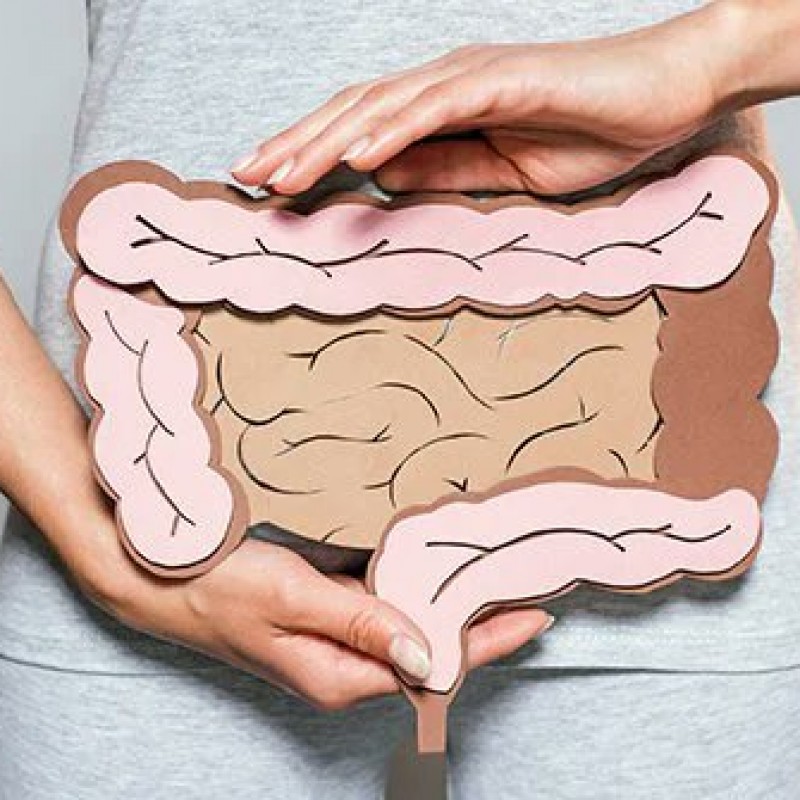Anemia
Anemia is a condition in which the blood does not have enough healthy red blood cells to carry the adequate amount of oxygen to the body's tissues. Anemia can make you feel tired and weak. There are several types of anemia, and each type has its own causes. Anemia may be temporary or long-term, and may range from mild to severe.
Symptoms
Depending on its causes, you may not have symptoms of anemia. Signs and symptoms, if they occur, include: tiredness, weakness, pale or yellow skin, irregular heartbeat, shortness of breath, dizziness, chest pain, cold hands and feet, headache.
Causes of anemia
Different types of anemia have different causes. It includes:
Iron deficiency anemia. The most common type of anemia is caused by a lack of iron in the body. Your bone marrow needs iron to make hemoglobin. Without enough iron, your body can't make enough hemoglobin for red blood cells. Without a supply of iron, this type of anemia occurs in many pregnant women. It is also caused by blood loss, such as heavy menstrual bleeding, ulcers, cancer, and regular use of certain over-the-counter pain relievers, which can cause inflammation of the stomach lining, which in turn leads to blood loss.
Vitamin deficiency anemia. In addition to iron, your body needs folate and vitamin B-12 to make enough healthy red blood cells. Any diet that lacks these and other key nutrients can cause decreased red blood cell production. You also find that some people who consume enough vitamin B-12 are unable to absorb this vitamin. This, in turn, can lead to vitamin deficiency anemia, also known as pernicious anemia.
Anemia caused by inflammation. Certain diseases — such as cancer, HIV/AIDS, rheumatoid arthritis, kidney disease, Crohn's disease, and other acute or chronic inflammatory diseases — may interfere with red blood cell production.
Aplastic anemia. It's rare. Life-threatening anemia occurs only when your body doesn't make enough red blood cells. Causes of aplastic anemia include infections, certain medications, autoimmune diseases, and exposure to toxic chemicals.
Anemias related to bone marrow diseases. A variety of diseases, such as leukemia and myelofibrosis (bone marrow fibrosis), can make you anemic by affecting blood production in your bone marrow. The effects of these types of cancer and disorders similar to those of cancer range from mild to life-threatening.
Sickle cell anemia. It is hereditary, and sometimes it becomes a serious condition and turns into hemolytic anemia. It's caused by a defective form of hemoglobin that forces red blood cells to take on an abnormal crescent (sickle-shaped) shape. These irregular blood cells die early; This results in a chronic deficiency of red blood cells.
Prevention
Many types of anemia cannot be prevented. But you can avoid iron deficiency anemia and vitamin deficiency anemia by eating a diet that contains many vitamins and minerals, including:
Iron. Iron-rich foods include beef, legumes, lentils, iron-rich cereals, dark green leafy vegetables, and dried fruits.
Folate This nutrient and its synthetic form "folic acid" can be found in fruits, fruit juices, dark green leafy vegetables, green and red peas, pistachios and fortified grain products such as bread, cereal, pasta and rice.
Vitamin B-12 Foods rich in vitamin B-12 include meat, dairy products, enriched cereals and soybean products.
Vitamin C. Foods rich in it include: citrus fruits and juices, peppers, broccoli, tomatoes, strawberries and watermelon. These also help with iron absorption.
Medical examination before marriage, including examination for genetic blood diseases such as sickle cell anemia and thalassemia


